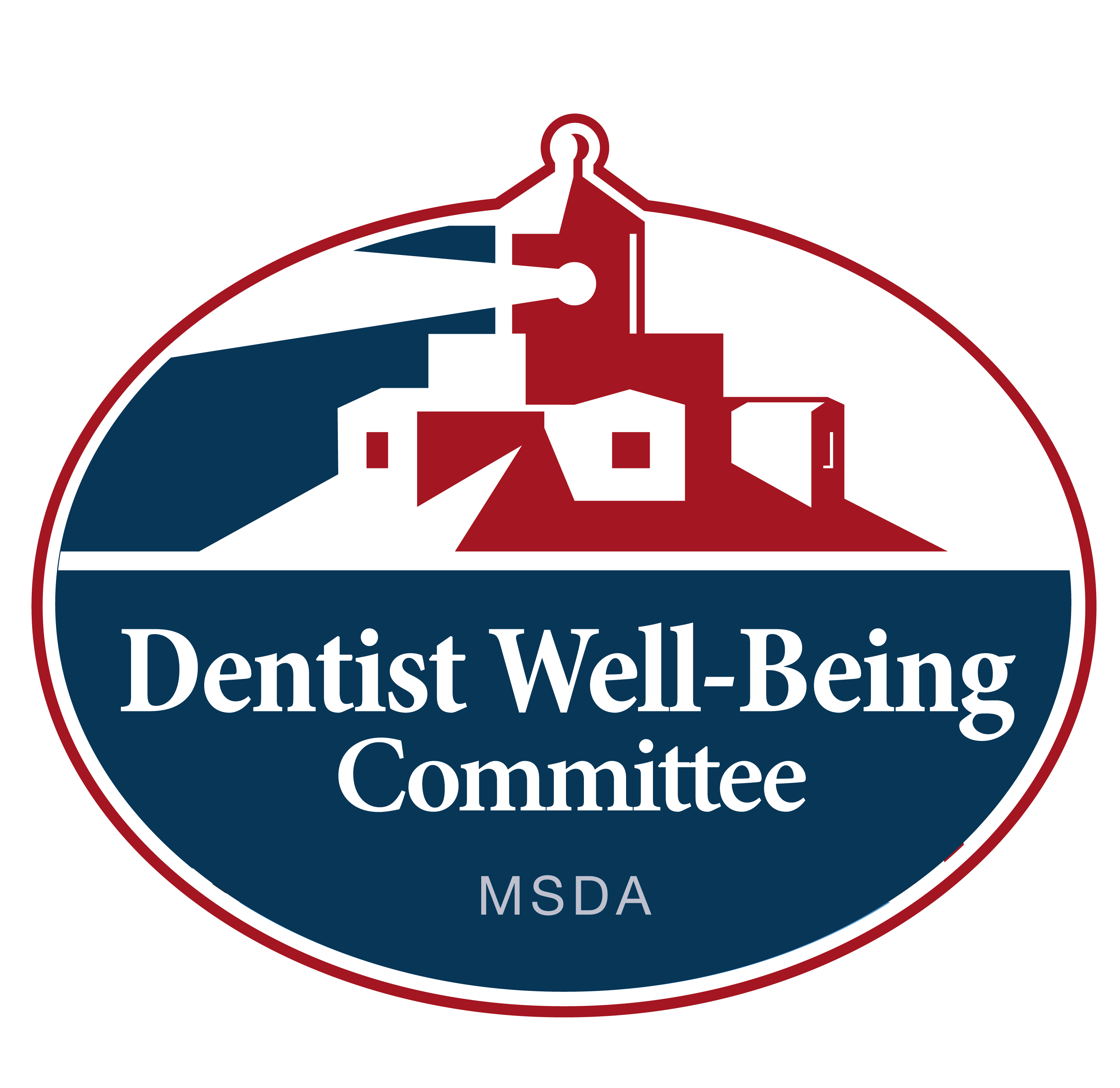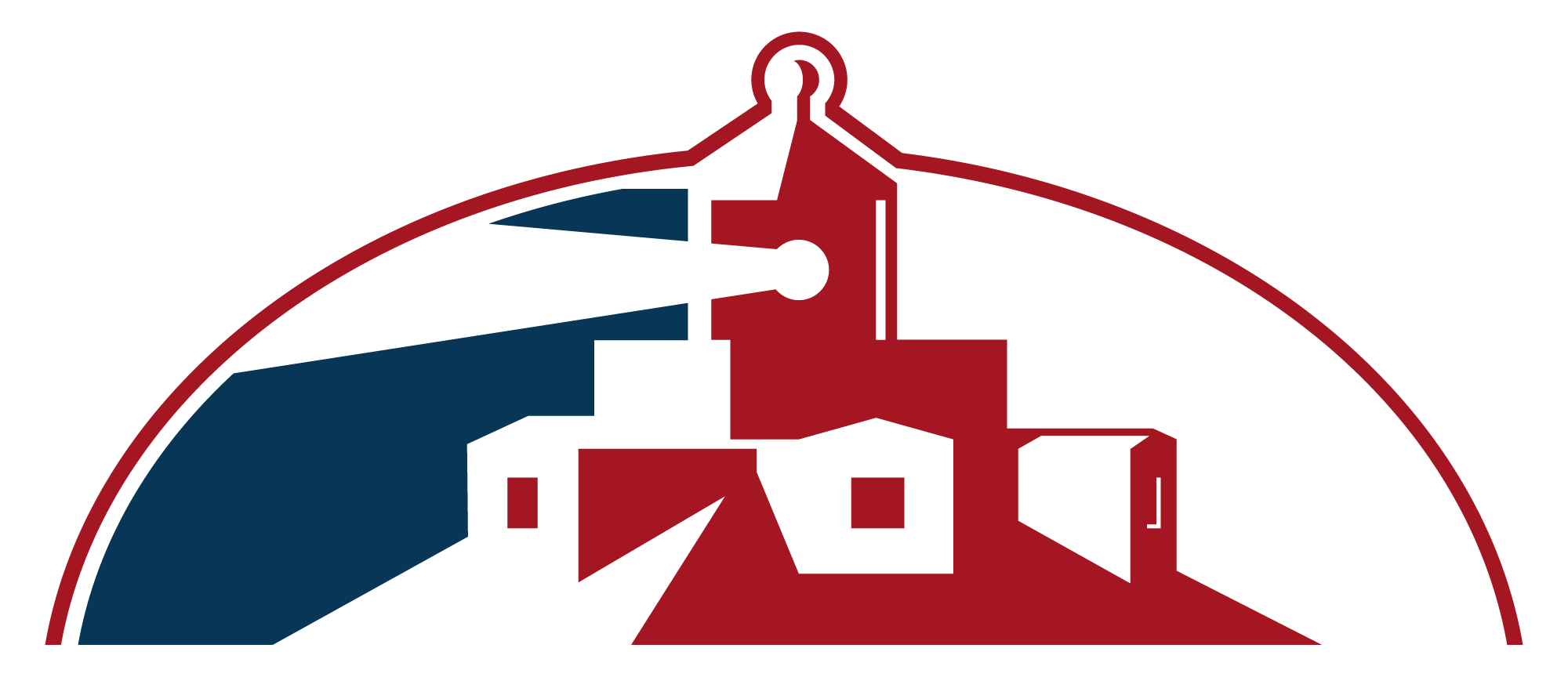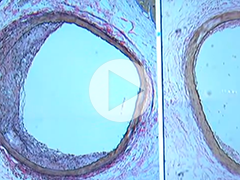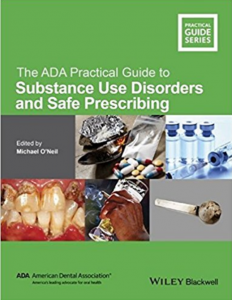Dentist Resources
University of Maryland Dental School talk January 2021.
Handbook
Download the Dentist Well-Being Programs Handbook (PDF).
Articles
Recovery Resource List
ADA Dentist Well-Being and Assistance
800-621-8099, ext. 2622
Alcoholics Anonymous (AA)
Grand Central Station
PO BOX 459
New York, NY 10163
212-686-1100
800-ALCOHOL Hotline
Co-Dependents Anonymous, Inc. (CODA)
PO BOX 33577
Phoenix, AZ 85067-3577
602-277-7991
Narcotics Anonymous, Inc. (NA)
PO BOX 9999
Van Nuys, CA 91409
818-780-3951
National Institute of Mental Health Depression Hotline
800-421-4211 Hotline
Al-Anon Family Groups, Inc. (AFG)
Midtown Station
PO BOX 862
New York, NY 10018
212-302-7240
800-344-2666 Family Support Groups Referral Hotline
800-356-9996 Al-Anon/Alateen Hotline
Cocaine Anonymous (CA)
PO BOX 1367
Culver City, CA 90232
213-559-5833
800-COCAINE National Cocaine Hotline
Families Anonymous, Inc. (FA)
PO BOX 528
Van Nuys, CA 91408
312-637- 1656
National Institute on Drug Abuse Drug Information Service
800-662-HELP Hotline
Inpatient Rehab Facilities in Baltimore, MD
Rehabs.com presents a vast online database of exclusive luxury programs for drug and alcohol rehab in the Baltimore area.
National Mental Health Association
800-969-6642 Hotline
Start Your Recovery
Start Your Recovery is a free, confidential tool that helps individuals take steps toward a healthy relationship with drugs and alcohol. It was developed with the input of leading clinicians, experts from leading organizations like SAMHSA, and people in recovery themselves. Start Your Recovery helps people deal with substance use issues and find support.
Addiction Recovery Centers in Baltimore, MD
Recovery.org provides help to people who are challenged by drug and alcohol abuse. You can see reviews and ratings for the top rehabilitation clinics around Baltimore, MD.
Resource List for Professionals In Maryland
Dentists
The Dentists’ Well-Being Committee
410-328-8549
888-233-9044
Robert White, MA, CEAP, Clinical Coordinator
Dental Hygienists
Dental Hygiene Well-Being Committee
http://www.mdhawell-being.org/
800-974-0068
Nurses
The Nurse Rehabilitation Program
410-764-5124
Emmaline Woodson, RN, Director
Pharmacists
Pharmacists’ Rehabilitation Committee
410-706-7513
410-727-0746
Tony Tommasello, P.D., President
Milton Moskowitz, Chairman
Physicians
MEDCHI Physician Rehabilitation Program
410-962-5580
800-992-7010
Michael Llufrio, CCDC, Program Director
Stanley Platman, MD, Chairman
Psychologists
Colleague Assistance Committee
410-995-0499
Maryland Psychological Association
Mark Ginsberg, PhD, Chairman
Podiatrists
Podiatrists Rehabilitation Committee
410-764-7044
Brian Kashan, DPM, Chairman
Physician Assistants
Physician Assistants Rehabilitation Program
410-532-4040
Dennis Cammarano, Chairman
Lawyers
Lawyer Counseling Program
Jim Quinn
Director of Lawyer Assistance Program
Maryland State Bar Association
520 W. Fayette Street
Baltimore, MD 21201
410-685-7878 x3041 main
443-703-3041 direct
800-492-1964 toll-free
Self-Help Groups
Alcoholics Anonymous
410-433-4843
Narcotics Anonymous
410-947-8028
Suicide Resources
Suicide Prevention (a resource guide on emergency assistance, warning signs & prevention of suicide in college students)
Dentist Well-Being Directories
The Talbott Recovery Medication Guide (PDF)
A guide to maintaining sobriety while receiving treatement for other health problems. Published by Talbott Recovery Campus, April 2008, Bruce Merkin, MD, and Paul H. Earley, MD, FASAM.




